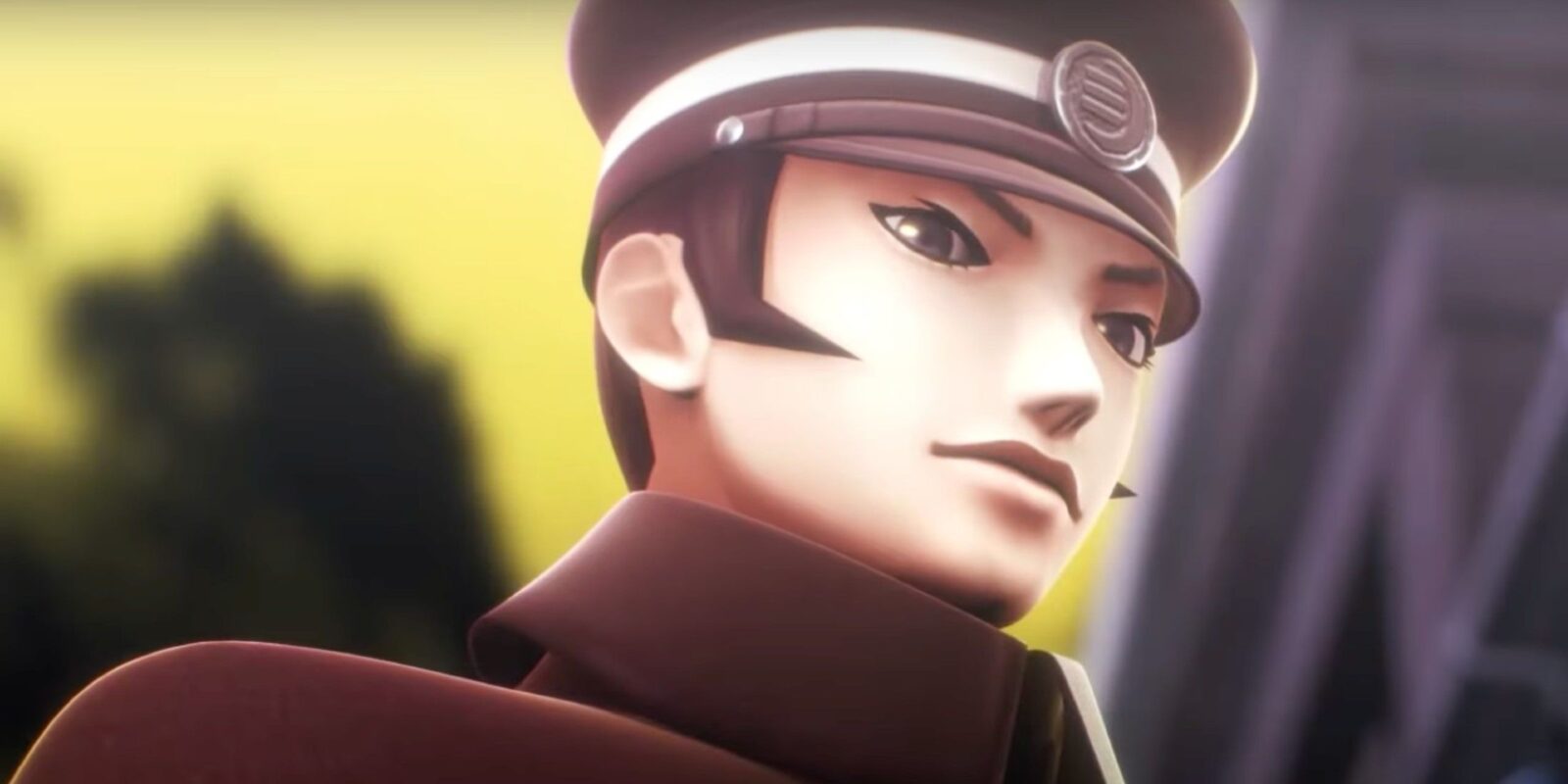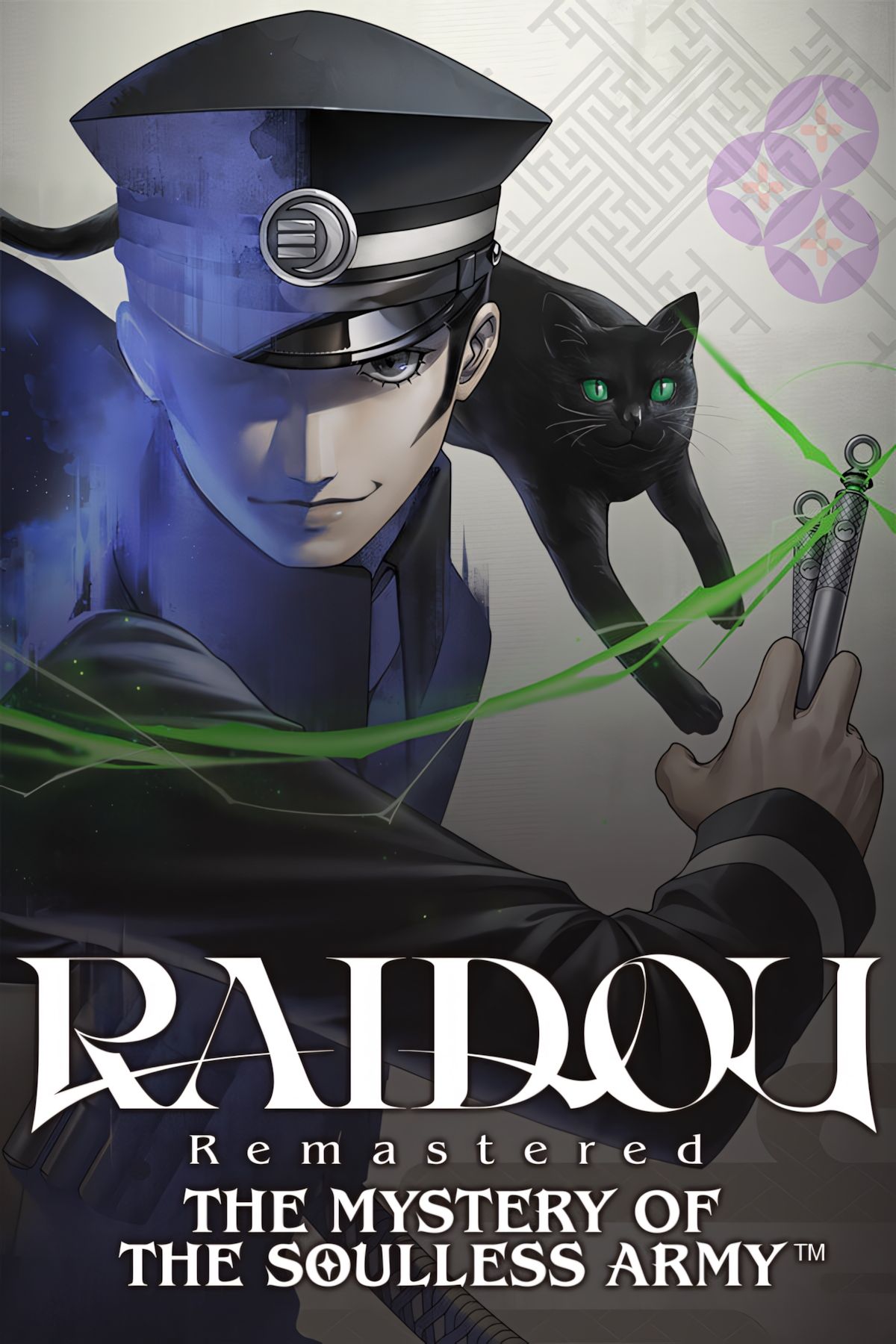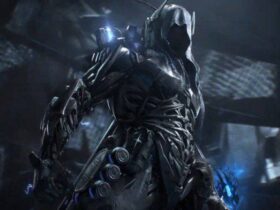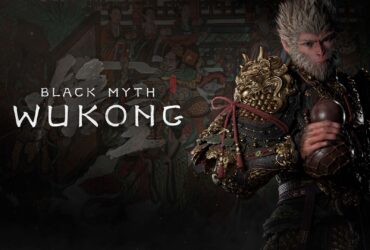Atlus’ past with regard to the Shin Megami Tensei franchise is a storied legacy that continues to this day. From its mainline titles to the myriad spin-offs it has conceived, including the Raidou games of the late 2000s, the breadth of games under the SMT umbrella is both wide-ranging and compelling in design. As Atlus has continued to reach a wider fanbase through IPs like the Persona series, the ability to go back and experience the earlier titles in its repertoire has been somewhat challenging; this is changing, however, with the company’s recent remaster and remake approach, with titles like Persona 3 Reload, SMT3: Nocturne HD Remaster, and now Raidou Remastered: The Mystery of the Soulless Army setting the stage for increased accessibility.
Raidou Remastered: The Mystery of the Soulless Army is timely, as director Kazuyuki Yamai explains in the title’s Atlus World Spotlight. Though he had intended to return to the series far sooner, he explains that things fell into place for this 2025 release, and with his and Kazuma Kaneko’s emphasis on Raidou’s themes of heroism in a different era, he feels that the passion of the title is something that can equally be latched onto in today’s climate. Beyond this, however, the return of Raidou is a clever follow-up to Metaphor: ReFantazio‘s release, as though the two likely overlapped in their development times, the success garnered by the former has paved the way for even more fans of Atlus to branch out to its other IPs.

Related
Metaphor: ReFantazio’s Dragon Trials are a Must-Have Feature for Persona 6
Metaphor: Refantazio excels in a number of areas, late-game content being one of them, and Persona 6 could stand to take some notes.
Raidou’s Real-Time Combat
Like 2016’s Persona 5, Metaphor: ReFantazio garnered critical acclaim, helping to bridge the gap between old fans and newcomers in its experience. The grittier tone of SMT was a precursor to Metaphor: ReFantazio‘s harrowing narrative, and those who enjoyed Metaphor‘s darker story will find themselves at home in The Soulless Army‘s remaster.
Though the Raidou games are outliers in their focus on real-time combat (at least, in the SMT franchise), Metaphor adopted its own action-based battle system in the field. While somewhat rudimentary compared to its turn-based combat, Metaphor‘s offerings could be considered a small primer on what to expect from the Raidou title, which is iterating on its original experience in a number of ways.
Iterating on Atlus’ Past
The Raidou games are, of course, far older than Metaphor: ReFantazio, though placing The Soulless Army‘s remaster after Metaphor‘s release is a way for it to inherit the continuing popularity garnered by Atlus titles. The same rings true for how the title is set to iterate on its original experience, as The Soulless Army remaster will make its combat more pronounced through a heightened focus on demon cooperation (allowing two demons to join Raidou’s side in battle), as well as skills that take into account enemy weaknesses and openings, incorporating more recent Atlus offerings like newer demon designs introduced in SMT5.
Though Raidou doesn’t have the same free rein as Metaphor‘s protagonist Will, who can swap between Archetypes in the field, his ability to target enemy weaknesses with new Devil Summoner skills bears similar weight. The same goes for his light and heavy attacks, which necessitates a type of strategy in battle that takes into consideration MAG replenishment, making its combat more than a hack-n-slash experience.
Having the right demon stock is as important as other SMT titles, as enemy weaknesses are dependent on what skills Raidou’s demons can bring to the table. To help with this, demon fusion makes its return, with even more ease of access through The Soulless Army remaster’s increased compendium, reverse fusion, and search functionality.
Increased Accessibility in Raidou Remastered
Older fans won’t need much convincing to pick up The Soulless Army‘s remaster, but newer fans of Atlus could be as enticed by Raidou’s combat after Metaphor: ReFantazio.
Considering the updates that the remaster is receiving by way of its voice acting and QoL improvements, the title will have many positives to lean on—Kazuma Kaneko’s fantastic character design, its 1930s detective aesthetic, and, of course, its demons, to name a few—without being encumbered by its outdatedness. As The Soulless Army remaster shows Atlus continuing to consider accessibility for its older titles, the hope is that more will follow in the future, showing just how strong the company’s past and future are.













Leave a Reply